Vietnam has just been re-elected as a member of the United Nations Human Rights Council for the 2026-2028 term with 180 votes in favor - the highest in the Asia- Pacific Group.
This result reflects the trust and appreciation of United Nations members for Vietnam's strong commitments and efforts to promote and protect human rights, along with Vietnam's contributions and initiatives as a member of the United Nations Human Rights Council for the 2023-2025 term, while affirming Vietnam's position, prestige and increasingly proactive and active role in the international arena.
Vietnam re-elected as a member of the United Nations Human Rights Council with a high number of votes.
On October 14, 2025 (New York time), at the United Nations Headquarters, the United Nations General Assembly elected members of the United Nations Human Rights Council for the 2026-2028 term. Vietnam was re-elected to this position with 180 votes, the highest in the Asia- Pacific Group. At the same time, Vietnam is also the only Asia-Pacific country that is a member of the United Nations Human Rights Council for the 2023-2025 term to be re-elected for the 2026-2028 term.
The 14 member countries of the United Nations Human Rights Council for the 2026-2028 term include: Vietnam, India, Pakistan, Iraq, Egypt, South Africa, Mauritius, Angola, Estonia, Slovenia, Chile, Ecuador, Italy and the United Kingdom. The 2026-2028 term of membership of the United Nations Human Rights Council will begin on January 1, 2026.
Sharing this good news, Ambassador Nguyen Phuong Nga, Head of the Vietnamese Delegation to the United Nations (term 2014-2018) said that Vietnam's re-election to the United Nations Human Rights Council with a high number of votes reflects the trust and appreciation of United Nations members for Vietnam's strong commitments and efforts to promote and protect human rights; along with Vietnam's contributions and initiatives in its recent capacity as a member of the Human Rights Council for the 2023-2025 term.
The Human Rights Council has witnessed Vietnam’s remarkable progress in socio-economic development, improving the material and spiritual life of its people. Many reforms of the law and administrative system have been strongly implemented, putting people at the center, all for the happiness and better life of the people.
Vietnam has successfully defended the National Report on the Universal Periodic Review (UPR) cycle IV (May 2024), the National Report on the implementation of the Convention on the Elimination of All Forms of Racial Discrimination (CERD, November 2023), the Convention on the Rights of Persons with Disabilities (CRPD, March 2025) and the International Covenant on Civil and Political Rights (ICCPR, July 2025).
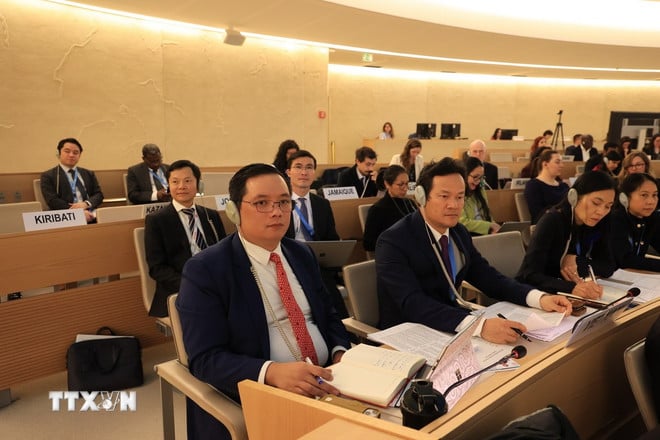
The Vietnamese delegation attended the 58th session of the United Nations Human Rights Council. (Photo: Anh Hien/VNA)
At the same time, Vietnam has also proposed many important initiatives, leaving many strong impressions at the Human Rights Council. Vietnam proposed and drafted the Resolution on the 75th Anniversary of the Universal Declaration of Human Rights and the 30th Anniversary of the Vienna Declaration and Programme of Action at the 52nd Session of the Human Rights Council (March 2023); drafted the Resolution on Climate Change and Human Rights in the Context of a Just Transition at the 56th Session of the Human Rights Council (June 2024); belonged to the Core Group drafting the Resolution on the Protection and Empowerment of Children in Cyberspace (June 2025); drafted 11 joint statements with the co-sponsorship of many countries; organized 5 side events with the participation of many countries...
Ambassador Nguyen Phuong Nga emphasized that this is a victory for Vietnam's foreign policy, a new milestone in the maturity of Vietnam's multilateral diplomacy. We have demonstrated Vietnam's mettle and capacity to take on an active role in multilateral institutions, contributing to enhancing the country's international prestige.
Continued participation in the United Nations Human Rights Council creates conditions for Vietnam to strengthen cooperation with member countries, exchange and share experiences in the field of human rights, and continue to contribute to the common work of the Council to ensure better implementation of human rights in the world.
Ambassador Nguyen Phuong Nga believes that Vietnam will successfully fulfill its mission at the Human Rights Council this term, worthy of the trust and expectations that UN member countries and the international community have for Vietnam.
In its third term as a member of the United Nations Human Rights Council, Vietnam will continue to promote eight priority areas on improving the effectiveness of the Human Rights Council's operations, ensuring human rights in climate change and digital transformation, promoting gender equality, protecting vulnerable groups, the right to health, the right to work, human rights education and the right to education.
Vietnam will continue to contribute to the international community's joint efforts, addressing common concerns on human rights in the spirit of "Respect and understanding - Dialogue and cooperation - All human rights for all."
Previously, when running for membership of the Human Rights Council for the 2026-2028 term, Vietnam made 12 voluntary commitments in many areas of human rights and will seriously implement these commitments. These commitments are not only linked to initiatives at the Human Rights Council and UN and regional human rights mechanisms, but also linked to the implementation process of recommendations that Vietnam accepted under the Universal Periodic Review (UPR) cycle IV or from the Human Rights Convention Committees of which Vietnam is a member.
Vietnam's voluntary commitments are also closely linked to the country's strategic tasks such as: building a rule-of-law state, legal reform, international integration, innovation and digital transformation, aiming to become a developed, high-income country by 2045.
Vietnam has achieved many achievements in human rights in all fields.
Throughout the process of building and developing the country, the Party and State of Vietnam always affirm: people are the center of the development strategy, both the goal and the driving force of the innovation process.
Ensuring and promoting human rights is not only a constitutional principle but also a consistent practice in all fields: politics, law, economics, culture, society, education and health...
Political and civil rights are respected and promoted.
Immediately after independence, despite the country's many difficulties, the Provisional Government organized the first General Election on January 6, 1946, based on the principle of universal suffrage, affirming the people's right to be masters. Today, citizens' political rights continue to be exercised through elections for the National Assembly, People's Councils at all levels, and the freedom of speech, press, assembly, and association.
Vietnam builds a socialist rule-of-law state, taking the Constitution and law as the foundation for democracy, fairness and transparency. The 2013 Constitution has a dedicated chapter on human rights, affirming that “all people are equal before the law.”
Laws such as the Penal Code, the Law on Access to Information, the Law on Denunciation, the Law on Children, the Law on Persons with Disabilities, etc. have specified these rights, expanding the legal space for people to exercise their rights.
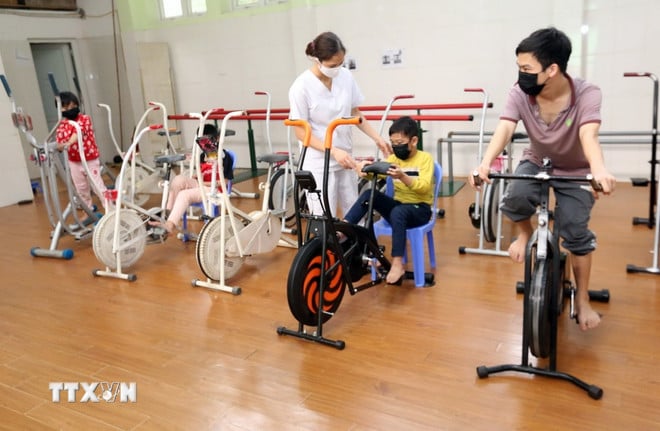
Staff of the Thuy An Center for the Disabled guide children and adults with disabilities in their physical activities at the rehabilitation room. (Photo: Anh Tuan/VNA)
The activities of the National Assembly and People's Councils are increasingly linked to voters. Live broadcasting of meetings, along with the promotion of information technology application in management and provision of public services, has helped people easily participate, monitor and access justice.
In particular, the strong development of the press, media and cyberspace has created conditions for people to exercise their right to access information, criticize and participate in public issues.
Vietnam currently has more than 70% of its population using the Internet, making it one of the countries with the highest rate of people interacting on social networks in the region.
Ensuring economic, cultural and social rights, improving people's lives
After nearly four decades of reform, Vietnam has transformed from a poor country to a middle-income country, with GDP per capita in 2024 reaching 114 million VND, equivalent to 4,700 USD. The multidimensional poverty rate has decreased to 4.06%, reflecting the effectiveness of sustainable poverty reduction policies, ensuring the right to a better standard of living for the people.
The Government has implemented many large-scale social security policies such as the Project to build 1 million social housing apartments in the 2021-2030 period, the Program to eliminate temporary and dilapidated houses for poor households, etc., demonstrating the profound humanitarian spirit of the State.
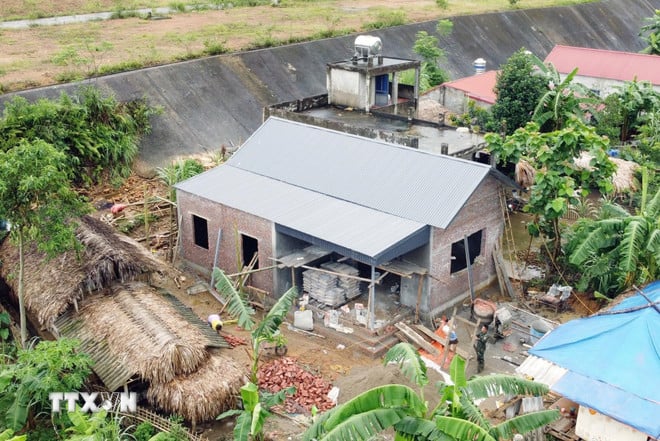
A house built under the program to eliminate temporary and dilapidated houses. (Photo: Ta Toan/VNA)
In the field of education, Vietnam has achieved a literacy rate of over 97%, with universal primary and secondary education in most regions. The rate of children attending primary school at the right age is over 98%, among the highest in the world. In particular, exempting all tuition fees from kindergarten to high school is a major step forward in ensuring the right to education for all children.
In the health sector, the health insurance coverage rate in 2024 will reach over 94.3% of the population. Vietnam is recognized by the international community for its ability to control epidemics, especially during the COVID-19 pandemic, thereby affirming that people's right to health care is better guaranteed.
In the cultural field, policies to preserve and promote traditional cultural values combined with modern creativity have helped improve people's spiritual life.
UNESCO's continuous recognition of Vietnam's tangible and intangible heritages, such as Hue Royal Court Music, Central Highlands Gong Cultural Space... or recently the recognition of Hanoi, Hoi An, and Da Lat as Creative Cities, has affirmed the efforts of our Party and State in ensuring the right to participate in and enjoy cultural life for the people.
Gender equality and the rights of disadvantaged groups are promoted.
One of the bright spots in human rights policy in Vietnam is the attention paid to vulnerable groups, including women, children, people with disabilities, and ethnic minorities. Vietnamese women play an increasingly important role in politics, science, technology, business, etc.
The rate of female deputies in the 15th National Assembly reached 30.26%, higher than the world and regional average, ranking first in the Inter-Parliamentary Union Council of the Association of Southeast Asian Nations.
Children are protected and cared for more comprehensively through the implementation of the 2016 Law on Children, along with many national programs on nutrition, education, vaccination, and protection of children from violence and abuse. For people with disabilities, policies to support vocational training, job creation, and social assistance have been expanded, helping them integrate into the community.
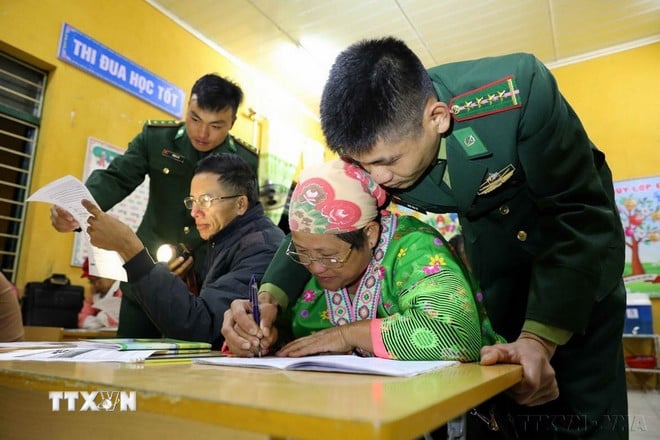
A literacy class in Dien Bien. (Photo: Trung Kien/VNA)
For ethnic minorities, the Government has implemented many policies, including the National Target Program on Socio-Economic Development for Ethnic Minority and Mountainous Areas for the 2021-2030 period, creating conditions to improve the material and spiritual life of ethnic minorities and narrow the development gap.
After 5 years of implementing the program (2021-2025), the poverty reduction rate in ethnic minority areas reached an average of 3.4%, exceeding the program's target of 3.2%; the average income of people reached an average of 43.4 million VND, an increase of 3.1 times compared to 2020; the target group of education and working-age workers receiving vocational training suitable to their needs and conditions reached an average of 54.8, exceeding the program's target of 50%...
These comprehensive achievements not only affirm the effectiveness of the "people-centered" development path but also create a solid foundation for Vietnam to continue contributing to the advancement of human rights in the region and the world.
Vietnam's continued election to the United Nations Human Rights Council is a worthy recognition of its persistent efforts over many decades to ensure and promote human rights in all fields.
On the journey of integration and development, Vietnam has always maintained the view that human rights are the center, subject, goal and driving force of sustainable development.
With the spirit of "Respect and understanding - Dialogue and cooperation - All human rights for all," Vietnam will continue to make active contributions to the common cause of humanity, for a peaceful, fair and humane world./.
Source: https://www.vietnamplus.vn/viet-nam-dat-duoc-nhieu-thanh-tuu-ve-quyen-con-nguoi-tren-moi-linh-vuc-post1070611.vnp


![[Photo] General Secretary To Lam attends the 18th Hanoi Party Congress, term 2025-2030](https://vphoto.vietnam.vn/thumb/1200x675/vietnam/resource/IMAGE/2025/10/16/1760581023342_cover-0367-jpg.webp)


![[Photo] Conference of the Government Party Committee Standing Committee and the National Assembly Party Committee Standing Committee on the 10th Session, 15th National Assembly](https://vphoto.vietnam.vn/thumb/1200x675/vietnam/resource/IMAGE/2025/10/15/1760543205375_dsc-7128-jpg.webp)

![[Photo] Many dykes in Bac Ninh were eroded after the circulation of storm No. 11](https://vphoto.vietnam.vn/thumb/1200x675/vietnam/resource/IMAGE/2025/10/15/1760537802647_1-7384-jpg.webp)
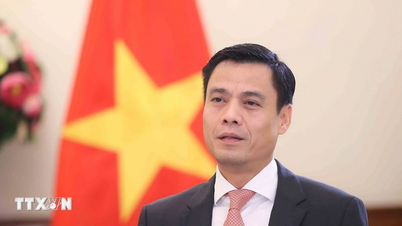
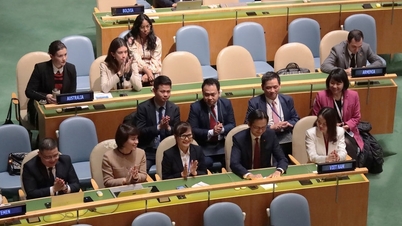

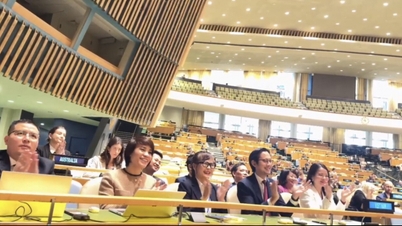





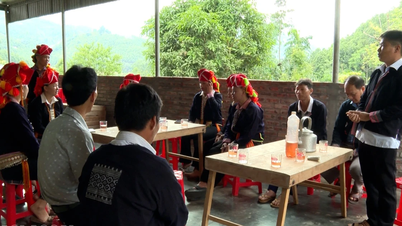

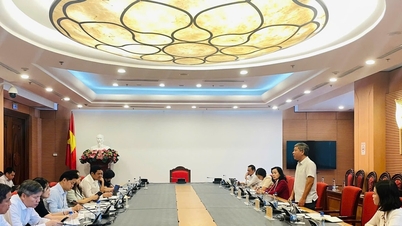

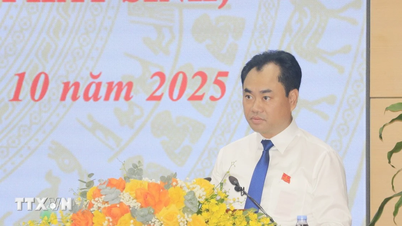
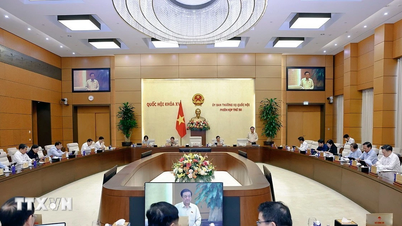
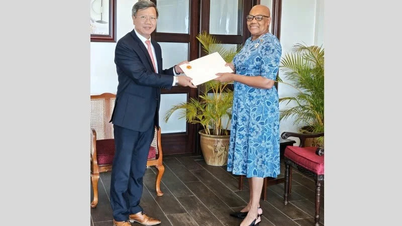

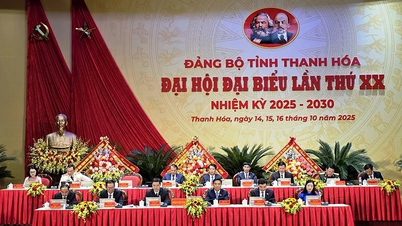
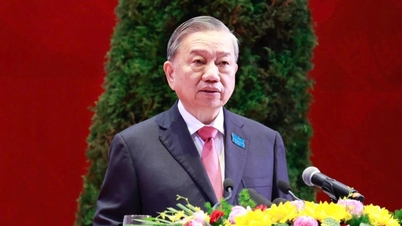





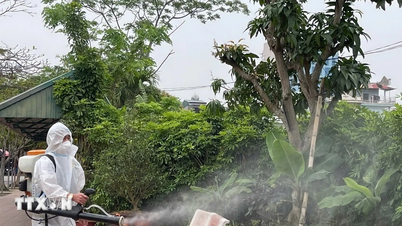




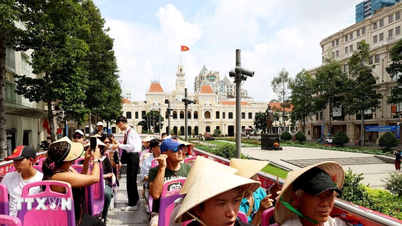


![[Video] TripAdvisor honors many famous attractions of Ninh Binh](https://vphoto.vietnam.vn/thumb/402x226/vietnam/resource/IMAGE/2025/10/16/1760574721908_vinh-danh-ninh-binh-7368-jpg.webp)



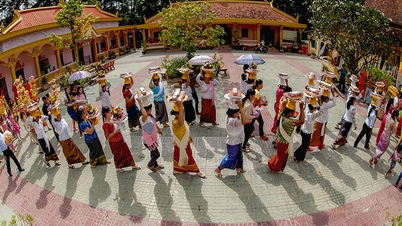

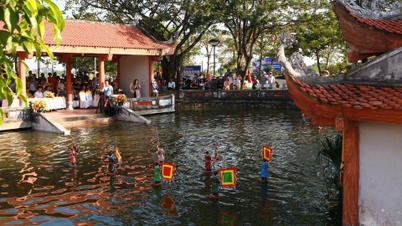




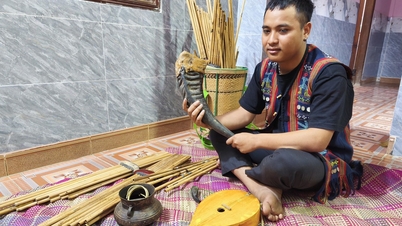
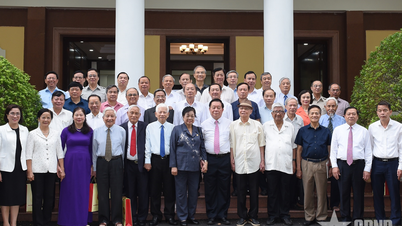

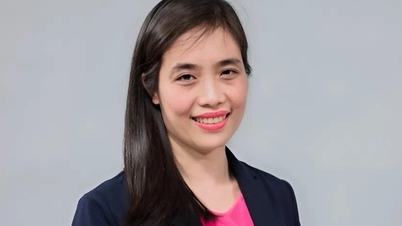



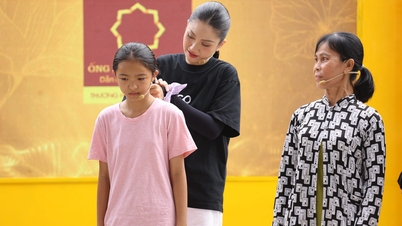
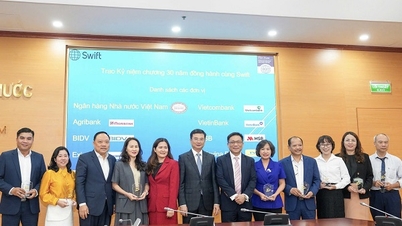
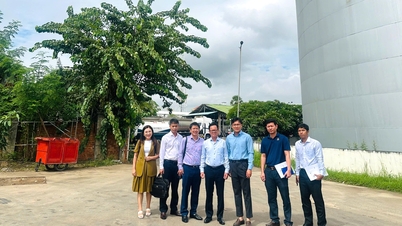
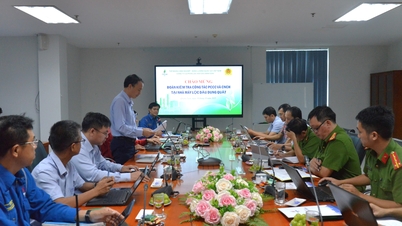






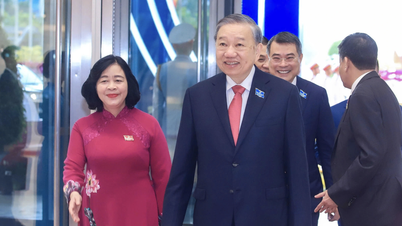
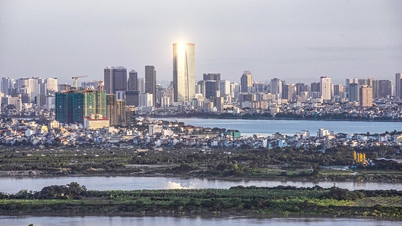
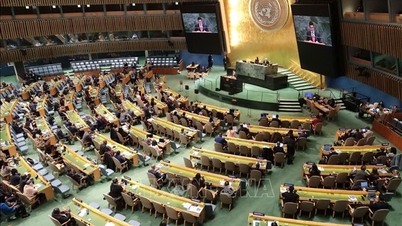
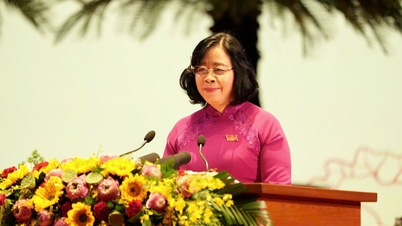



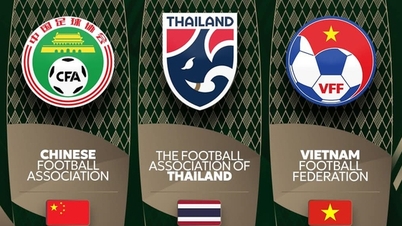

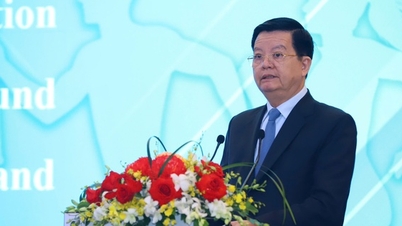
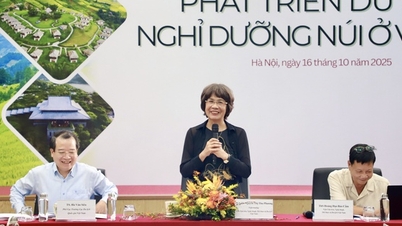
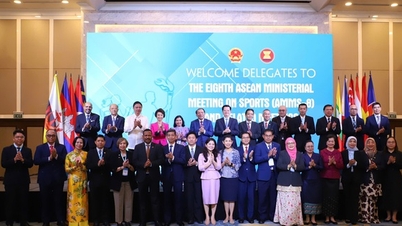


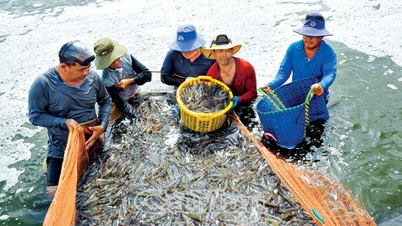
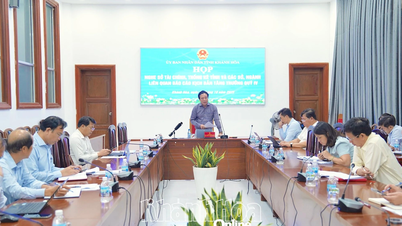

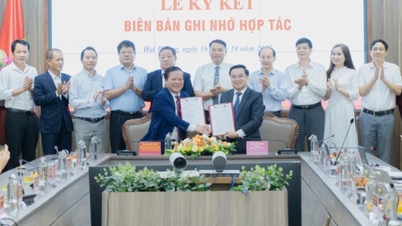

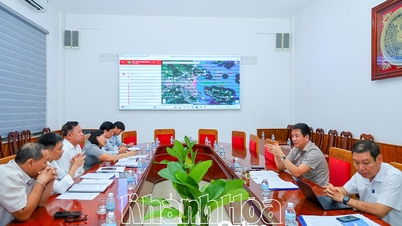


















Comment (0)